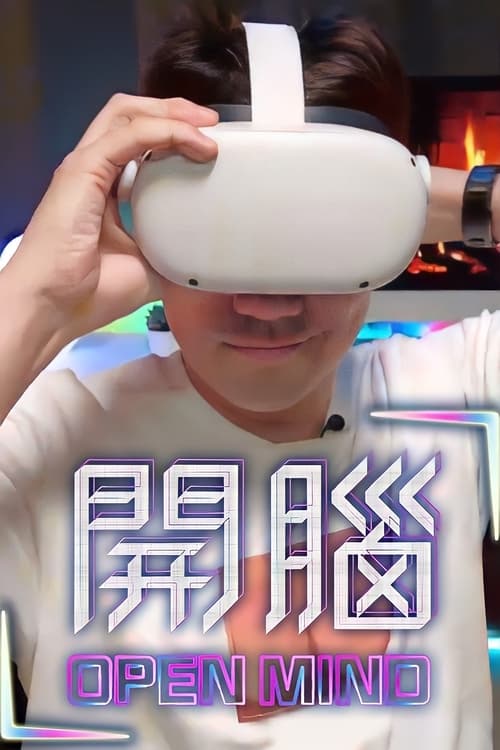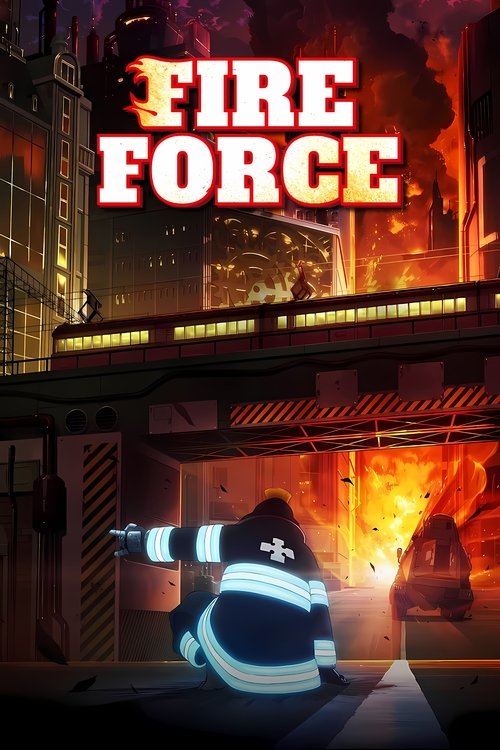
Ask Your Own Question
What is the plot?
What is the ending?
In the ending of "No Poverty Land," Season 1, Episode 8, the main characters confront the consequences of their choices. The community comes together to address the issues that have plagued them, leading to a moment of unity and hope. However, not all characters find resolution, as some face the repercussions of their actions, leaving their futures uncertain.
As the episode unfolds, the scene opens in the town square, where the community has gathered for a crucial meeting. The atmosphere is tense, filled with a mix of anxiety and anticipation. The sun sets in the background, casting a warm glow over the faces of the townspeople, who are eager to discuss the recent challenges they have faced.
The protagonist, Maya, stands at the forefront, her expression a blend of determination and vulnerability. She has been a driving force in rallying the community, and her internal struggle is palpable as she prepares to address the crowd. She speaks passionately about the need for unity and collaboration, urging everyone to put aside their differences for the greater good. Her voice trembles slightly, revealing her fear of failure but also her unwavering hope for a better future.
As Maya speaks, we see flashbacks of her journey throughout the season--her struggles, her moments of doubt, and the relationships she has built. These memories serve to highlight her growth and the weight of her responsibility. The townspeople listen intently, some nodding in agreement, while others remain skeptical, reflecting the division that has lingered in the community.
Next, the camera shifts to Marcus, who has been grappling with his past mistakes. He stands at the back of the crowd, his face shadowed with regret. As Maya's words resonate, he feels a surge of guilt for the harm he has caused. In a moment of clarity, he steps forward, interrupting Maya to confess his wrongdoings. His voice breaks as he apologizes to the community, acknowledging the pain he has inflicted. This act of vulnerability shifts the mood, and the crowd begins to murmur, some expressing support while others remain hesitant.
The scene transitions to a heated discussion among the townspeople, where differing opinions clash. Some argue for forgiveness and moving forward, while others demand accountability. The tension escalates, and it becomes clear that the community is at a crossroads. Maya, sensing the urgency, calls for a vote on how to proceed, emphasizing the importance of collective decision-making.
As the vote takes place, the camera captures the anxious faces of the townspeople, each one reflecting their hopes and fears for the future. The results are announced, and a majority choose to embrace forgiveness and work together to rebuild their community. A wave of relief washes over Maya, but she knows that this is just the beginning of a long journey.
In the final scenes, we see the characters beginning to take action. Maya and Marcus team up to organize community projects aimed at healing and rebuilding trust. They walk through the town, discussing plans and sharing ideas, their camaraderie evident as they laugh and support one another.
However, not all characters find peace. Sarah, who has been a vocal opponent of Maya's leadership, stands apart, her expression a mix of anger and disappointment. She feels betrayed by the community's decision and vows to continue fighting for what she believes is right, setting the stage for potential conflict in the future.
The episode closes with a montage of the community coming together--children playing, neighbors helping each other, and a renewed sense of hope in the air. Maya watches from a distance, a bittersweet smile on her face as she reflects on the challenges ahead. The screen fades to black, leaving viewers with a sense of both resolution and uncertainty, encapsulating the ongoing struggle for unity and understanding in the face of adversity.
Is there a post-credit scene?
In "Episode 8" of "No Poverty Land," there is indeed a post-credit scene that adds a layer of intrigue to the narrative. As the credits roll, the screen fades to black before transitioning to a dimly lit room filled with scattered papers and a flickering computer screen.
The camera slowly zooms in on a figure hunched over the desk, their face obscured by shadows. The sound of frantic typing fills the air, creating a sense of urgency. The figure pauses, glancing over their shoulder as if expecting someone to enter. A close-up reveals a series of documents labeled "Project Utopia," hinting at a hidden agenda that ties back to the main storyline.
Suddenly, a phone rings, breaking the tense silence. The figure answers, and a muffled voice on the other end speaks in hushed tones. The conversation is cryptic, but key phrases like "the plan is in motion" and "they're getting too close" suggest a looming threat that could impact the protagonists in future episodes.
As the scene concludes, the camera pulls back, revealing a wall covered in photographs of the main characters, connected by red string, indicating that this mysterious figure has been watching them closely. The screen fades to black once more, leaving viewers with a sense of foreboding and anticipation for what lies ahead.
How does the relationship between Alex and his mentor evolve in this episode?
In this episode, the relationship between Alex and his mentor, Maria, deepens as they confront their differing views on activism. Maria encourages Alex to take a more aggressive stance against the local government, while Alex struggles with the fear of alienating the community he aims to help. Their conversations are charged with emotion, revealing Alex's internal conflict and Maria's frustration with his hesitance, ultimately leading to a pivotal moment where Alex must choose between following her advice or staying true to his own values.
What challenges does the main character face in Episode 8?
In Episode 8, the main character, Alex, faces significant challenges as he navigates the aftermath of a community meeting that spiraled out of control. The tension between the residents and the local government escalates, leading to protests that threaten to disrupt the fragile peace in the neighborhood. Alex feels the weight of responsibility as he tries to mediate between the two sides, grappling with his own doubts about whether he can truly make a difference.
What specific event triggers the climax of Episode 8?
The climax of Episode 8 is triggered by a sudden confrontation during a planned community rally. As tensions rise, a group of protesters clashes with local law enforcement, leading to chaos. This unexpected turn of events forces Alex to step up as a leader, pushing him to confront his fears and take decisive action. The emotional stakes are heightened as he witnesses the impact of the conflict on his friends and neighbors, compelling him to make a stand.
What role does the community play in Episode 8?
The community plays a crucial role in Episode 8 as they rally together to support Alex's efforts. The episode showcases various residents coming forward to share their stories, highlighting the personal stakes involved in the fight against poverty. Their collective voices create a powerful backdrop for the episode, illustrating the strength found in unity. However, the community is also divided, with some residents advocating for more radical actions, which adds to the tension and complexity of the situation.
How does Alex's internal struggle manifest in his actions throughout the episode?
Throughout Episode 8, Alex's internal struggle is vividly portrayed through his hesitance to take a firm stance against the local government. He oscillates between moments of courage and doubt, often seen pacing or staring out into the distance, lost in thought. His interactions with other characters reveal his fear of failure and the burden of expectation he feels as a leader. This internal conflict culminates in a moment of clarity during the rally, where he finally finds his voice and decides to confront the authorities, showcasing his growth and determination.
Is this family friendly?
In "Episode 8" of "No Poverty Land," there are several scenes and themes that may be considered potentially objectionable or upsetting for children or sensitive viewers.
-
Emotional Struggles: Characters experience intense emotional moments, including feelings of despair and hopelessness, which may be difficult for younger viewers to process.
-
Conflict and Tension: There are scenes of conflict between family members and community members that may involve raised voices and heated arguments, which could be unsettling.
-
Socioeconomic Challenges: The episode addresses themes of poverty and hardship, showcasing the struggles of families to make ends meet, which may be distressing for some viewers.
-
Loss and Grief: There are references to loss and the impact it has on families, which could evoke strong emotions and may be upsetting for sensitive viewers.
-
Visual Depictions of Poverty: The portrayal of living conditions and the struggles associated with poverty may be stark and could be difficult for younger audiences to witness.
These elements contribute to a narrative that, while rich in storytelling, may require parental guidance for younger viewers.





















